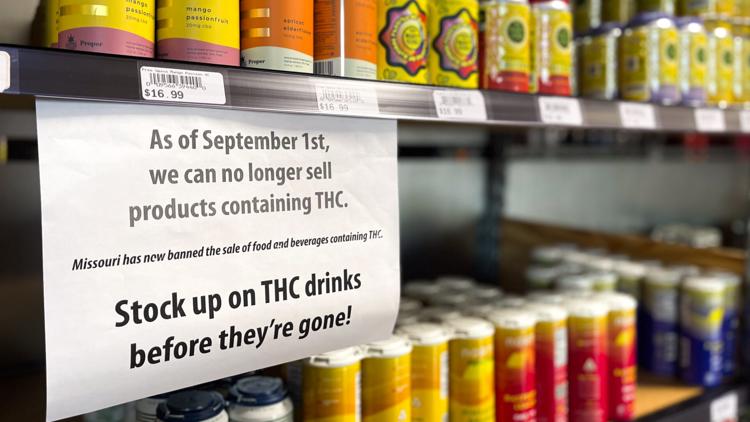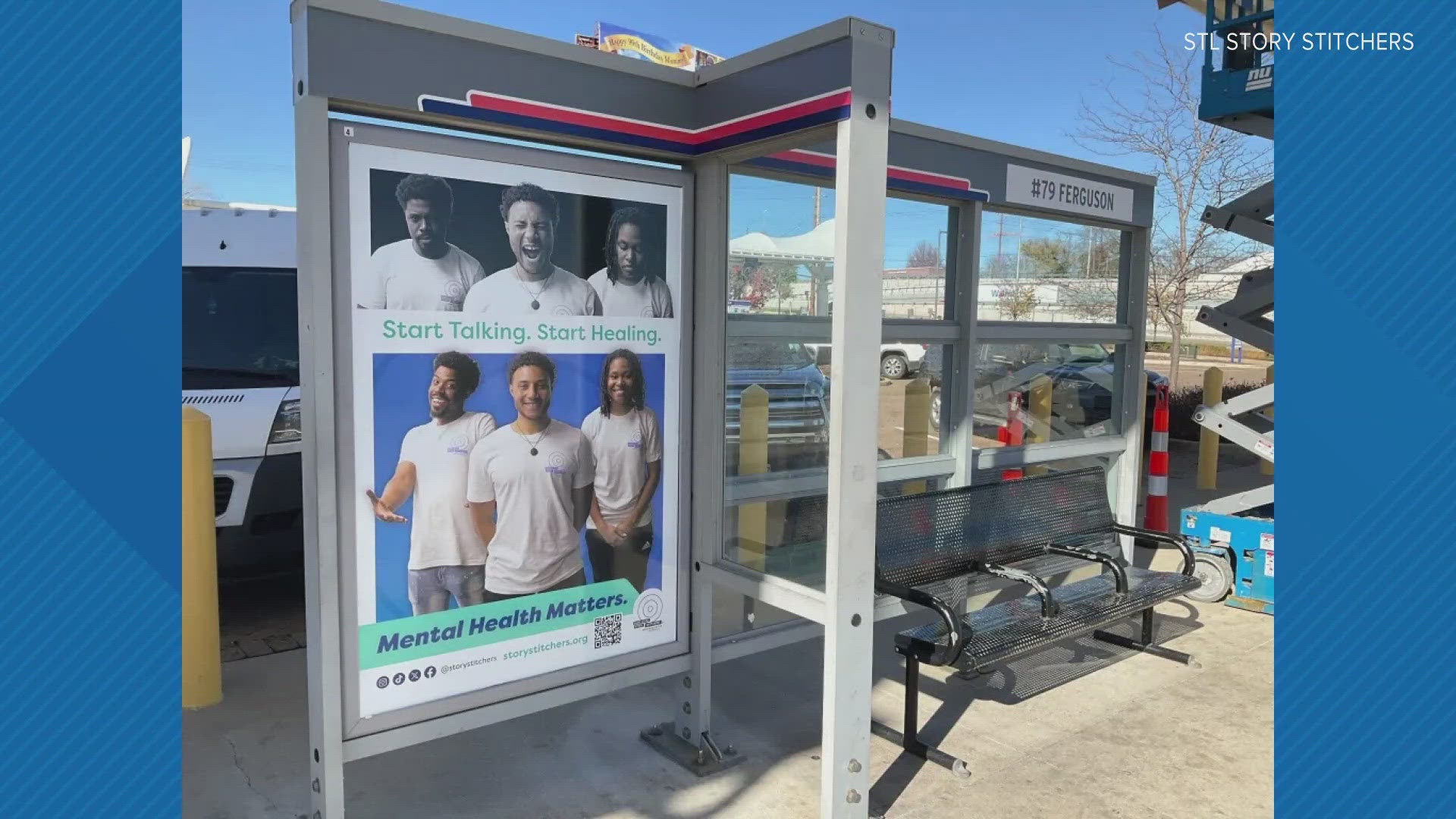JEFFERSON CITY, Mo. — Missouri Attorney General Andrew Bailey is creating a new specialized unit to assist the state’s alcohol and tobacco regulators in cracking down on intoxicating hemp products, Bailey announced at a Capitol press conference Tuesday afternoon.
The announcement comes after Gov. Mike Parson’s ban on these products hit a delay of up to six months.
The ban was supposed to take effect on Sept. 1, after Parson signed an executive order on Aug. 1 to remove all hemp-derived THC edibles and beverages from store shelves. However last month, Missouri Secretary of State Jay Ashcroft rejected the emergency rules detailing how it would have been enforced.
That meant regulators at the Division of Alcohol and Tobacco Control didn’t have the authority to enforce the ban among stores that have licenses to sell liquor or tobacco products — which is where the vast majority of products are being sold, Parson said.
Ashcroft’s action did not prevent the Department of Health and Senior Services’ regulators from investigating nearly 60 facilities, Parson said.
“DHSS investigations have confirmed our fears,” Parson said. “Product after product resembles popular snacks and candies that would be hard for me to determine that contained cannabis, let alone my five-year-old granddaughter.”
Because hemp isn’t a controlled substance like marijuana, there’s no state or federal law saying teenagers or children can’t buy products, such as delta-8 drinks, or that stores can’t sell them to minors, Parson said.
And there’s no requirement to list potential effects on the label or test how much THC is actually in them. State lawmakers have failed to pass such requirements the last two years.
Parson said the main target of his order are companies that sell intoxicating hemp edibles that mimic popular candy. However, hemp industry leaders argue the order also bans products that aren’t attractive to children, have gone through lab testing and are only sold to customers 21 and up.
Bailey said his office will create a “dedicated electronic repository” for the Division of Alcohol and Tobacco Control to submit actionable referrals to his office. The division will be responsible for “investigating its licensees, collecting evidence of deceptive marketing practices,” Bailey said.
Bailey’s specialized new unit within his office’s Consumer Protection Division will work with the ATC to offer legal support, he said. His office will use its authority under the Missouri Merchandising Practices Act to bring legal action against licensees who continue prohibited practices related to unregulated psychoactive cannabis products, he said.
“The ATC will assist by making its investigators available as witnesses for legal proceedings resulting from actionable referrals,” Bailey said. “Our enforcement toolkit will be robust from cease-and-desist letters and investigations to subpoenas and lawsuits to referrals for criminal prosecution where appropriate.”
He believes this partnership will lead to a significant reduction in these products.
“We’re committed to keeping unsafe products away from our kids,” Bailey said, “and ensuring that those who break the law are held accountable.”
This story from the Missouri Independent is published on KSDK.com under the Creative Commons license. The Missouri Independent is a nonpartisan, nonprofit news organization covering state government, politics and policy.



